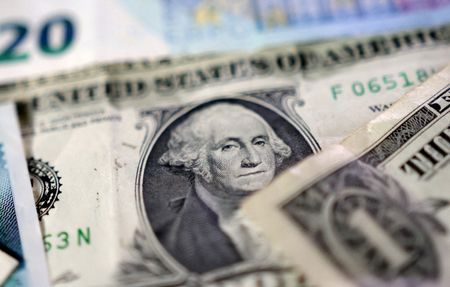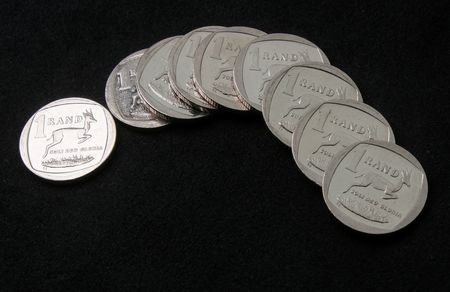(Reuters) -Egypt’s central bank resumed its interest rate-cutting cycle on Thursday, slashing its overnight rates by a faster-than-expected 200 basis points, the third reduction this year as inflation cooled and growth surged.
The bank set the deposit rate at 22% and the lending rate at 23%, bolstering the government’s emphasis on economic growth. Economists in a Reuters poll had given a median forecast for a cut of 100 basis points.
Economic growth rose to a preliminary 5.4% in the second quarter of this year from 4.8% in the first quarter, boosted by increased tourism and manufacturing, the bank’s Monetary Policy Committee said in a statement accompanying the rates decision.
“This decision reflects the Committee’s updated assessment of inflation dynamics and the outlook” since the previous Monetary Policy Committee meeting on July 10, the statement said.
Headline inflation slowed to 13.9% in July from 14.9% in June, the state statistics agency CAPMAS said, having eased from a peak of 38% in September 2023. The central bank expected inflation to continue declining over the coming year at least.
The central bank cut rates by 225 bps in April and 100 bps in May after holding them steady for a year following a 600 bps hike in March 2024, when it also allowed the pound to fall against the dollar by nearly half. It paused its cuts in July following an uptick in inflation.
“Regional support, especially from the Gulf countries through joint ventures, sovereign wealth fund investments, and multi-billion-dollar strategic partnerships have helped the economy recover and improved growth prospects,” economist Nasser Saidi told Reuters.
The Egyptian government has vowed to seek more investments from the Gulf as it works on keeping inflation on a downward trend, after a severe shortage of foreign currency long crippled its economy and forced it to take an expanded $8 billion IMF loan.
(Reporting by Tala Ramadan, Enas Alashray and Yomna Ehab; writing by Nayera Abdallah and Patrick Werr; editing by Alex Richardson, Hugh Lawson and Mark Heinrich)











